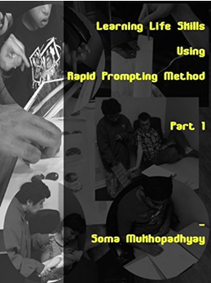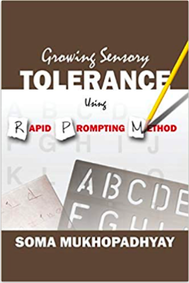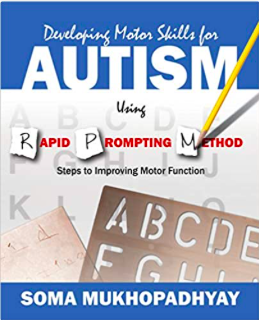|
Developing functional skills, hobbies, and talents is critical to self-actualizing or in other words have a fulfilling and happy life. Jean Piaget list four operational thought stages:
The formal-operational thought stage is where a student is able to do hypothetical reasoning, plan for the future, and think in abstract ways. One way we do this is by recognizing our strengths and our weaknesses. (As we are talking about the formal-operational thought stage, this blog post is for teachers and parents with students who are teens or adults.) As parents and teachers, we help our student do this by education, example, and training. For many, once they are able to communicate, a desire to write a blog or a book is expressed or suggested. For some, this is a great idea. But, just like for those who aren’t RPM students, there are a wide range of interest, talents and ideas to be developed. Not everyone is cut out to be a writer or blogger. And for those who write books and do blogs, there may be a desire to do other things too in life. Some students are more “in-tune” with themselves and their abilities than others. Some know what they want and others are less sure. This is true for non-RPM students too. When students aren’t in-tune with their actual strengths and weaknesses (either favoring one or the other or are completely incorrect about what is actually their strength and what is actually a weakness), it is important to teach and help a student develop the thinking, planning, and reasoning skills to make positive life decisions. So, let’s start thinking about how we can help a student reach their goals without killing the fire. Let’s say a student says, she wants to be an astronaut. Well, being an astronaut takes a lot of motor coordination, social skills, a bachelor’s degree in science, quick and coordinated reflexes, and ability to stay calm in life threatening situations, to name some. So, being an astronaut might not be a practical career choice. But, some of the skills to being an astronaut could be practiced as a way to develop a hobby or some functional skills. Telling the student, “you can’t be an astronaut, so forget about it and choose a better option” isn’t necessarily what we need to say. First, find out how serious the student is. How serious they are will determine how much time you would actually want to spend on it. Then what I would suggest is do something along the lines of:
Let’s look at a few possible desires for careers and some more practical alternatives for students for whom the original desire isn’t practical:
Scenario: Let’s say a student can’t talk and can only hum Student's Desired Career Goal: Singer Breaking it down: Hobby and Functional skills: Work on producing musical sounds, listen to music, work on speech. Alternative Career Goals: (again these won’t work for every RPM student. Some you’d need to task analyze the same as singer and break them down) Music critic or judge, composer, help record music, design websites for singers, be part of the stage crew Tolerance goals: can a student maintain body in space in a select area or move in a controlled way? (If no, has to learn how to stop body and start body to make controlled movements to be on stage, for example) Scenario: Let’s say the student has been doing RPM for 5 years with really poor motor skills and doesn't seem way thrilled with spelling much. Student's Desired Career Goal: Write an autobiography. Breaking it down: Hobby and Functional skills: Look at photos from past and someone can talk about it to the student, write bits and pieces here and there about life—really short stories, write memes of the photos for social media Alternative Career Goal: Write a photo book about his life. Caption the pictures. This can evolve into short comic strips, etc. Tolerance Goal: Performance tolerance to control hand to aim, visual or kinesthetic tolerance for the same. Now when it come to hobbies, some students need to get training or coordinating purposeful movements for a task before he would know if he enjoys it or not. Help students understand that they need to try a few times before they decide they hate something. Additionally, these can be similar to careers. If the student has this image of themselves running a marathon when he can’t run yet, helping the student develop realistic goals for this hobby of running can have a similar process. Functional task to help a student succeed in life are also important. Breaking them down and figuring out steps to developing the skills needed is helpful. Additionally, prioritize what skills are most important to teach and which will have the easiest success. As students get older, they should be more and more involved in this process. If the student has no motivation, then it is more challenging to do. Some students will develop a business and career. Others will do great good in their life but won’t necessarily be able to have a financially sustaining career. There are tons of skills that can be developed to help this happen. Most of the good done in the world is not paid for. So, we can have balanced mindsets about what is most important for students to learn. Here are a list of Soma’s books you might read and apply to help students develop more skills beyond the letterboard:
0 Comments
|
AuthorWrite something about yourself. No need to be fancy, just an overview. ArchivesCategories |




 RSS Feed
RSS Feed
